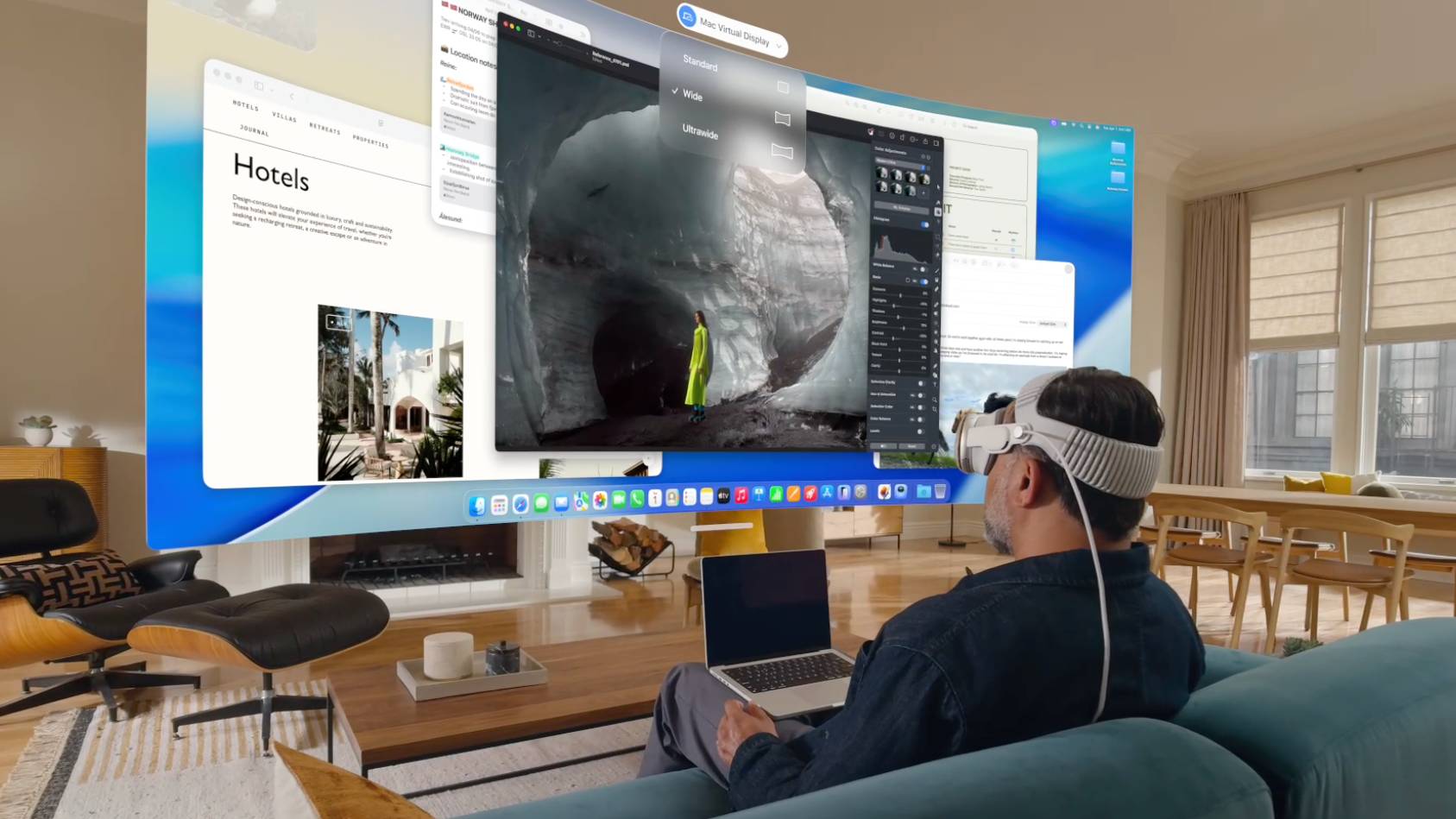5 Reasons You Should Wait to Play Spider-Man
There's an incredible amount of pressure to play every single big game as soon as it comes out, but you don’t have to.
Here at Tom’s Guide our expert editors are committed to bringing you the best news, reviews and guides to help you stay informed and ahead of the curve!
You are now subscribed
Your newsletter sign-up was successful
Want to add more newsletters?

Daily (Mon-Sun)
Tom's Guide Daily
Sign up to get the latest updates on all of your favorite content! From cutting-edge tech news and the hottest streaming buzz to unbeatable deals on the best products and in-depth reviews, we’ve got you covered.

Weekly on Thursday
Tom's AI Guide
Be AI savvy with your weekly newsletter summing up all the biggest AI news you need to know. Plus, analysis from our AI editor and tips on how to use the latest AI tools!

Weekly on Friday
Tom's iGuide
Unlock the vast world of Apple news straight to your inbox. With coverage on everything from exciting product launches to essential software updates, this is your go-to source for the latest updates on all the best Apple content.

Weekly on Monday
Tom's Streaming Guide
Our weekly newsletter is expertly crafted to immerse you in the world of streaming. Stay updated on the latest releases and our top recommendations across your favorite streaming platforms.
Join the club
Get full access to premium articles, exclusive features and a growing list of member rewards.
From its joyous web-slinging, to its precise combat to its ambitious story, Marvel’s Spider-Man is, at long last, a game completely worthy of the superhero who inspired it.
I'm planning to pick it up sometime early next year.
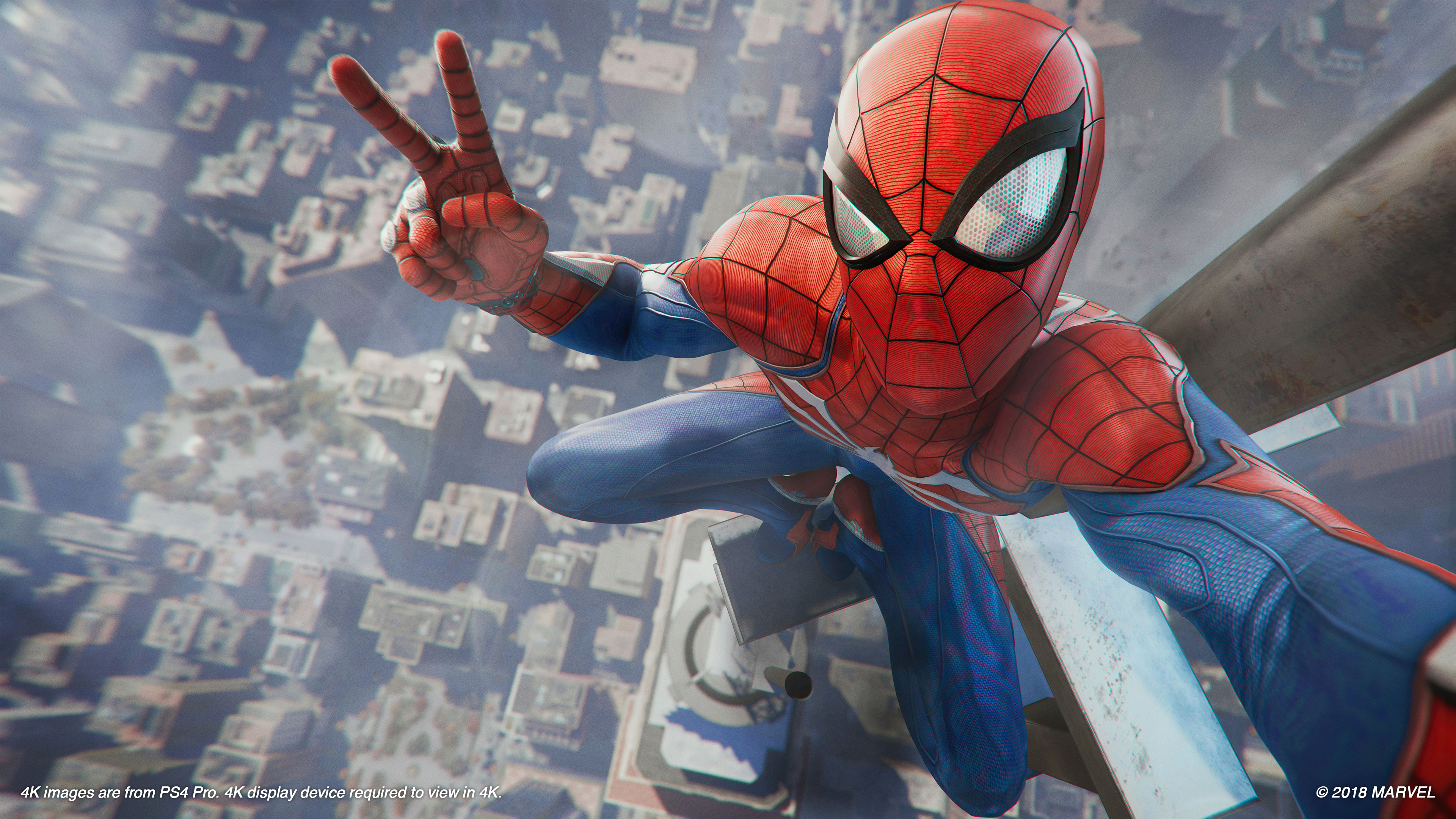
In what's becoming a bit of a trend, I've elected to hold off on one of the year's biggest games in order to sit down and play it when I'm good and ready. And yes, I know — aren't I just a special little snowflake? It's not as though you're required by law to play a game on launch day, and plenty of gamers have decided to tackle new titles in their own sweet time.
But there's something to be said in defense of avoiding the new-release rat race. There's an incredible amount of pressure to play every single big game as soon as it comes out, and delaying your purchase by even a week can often feel like you've missed an entire cultural moment, like taping the moon landing in 1969 and watching it after the fact.
The truth is, though, that unless you're absolutely dying to play a particular game the moment it comes out, being patient can pay off. Here are five reasons I prefer to wait and play games at my own pace — and maybe you should, too.
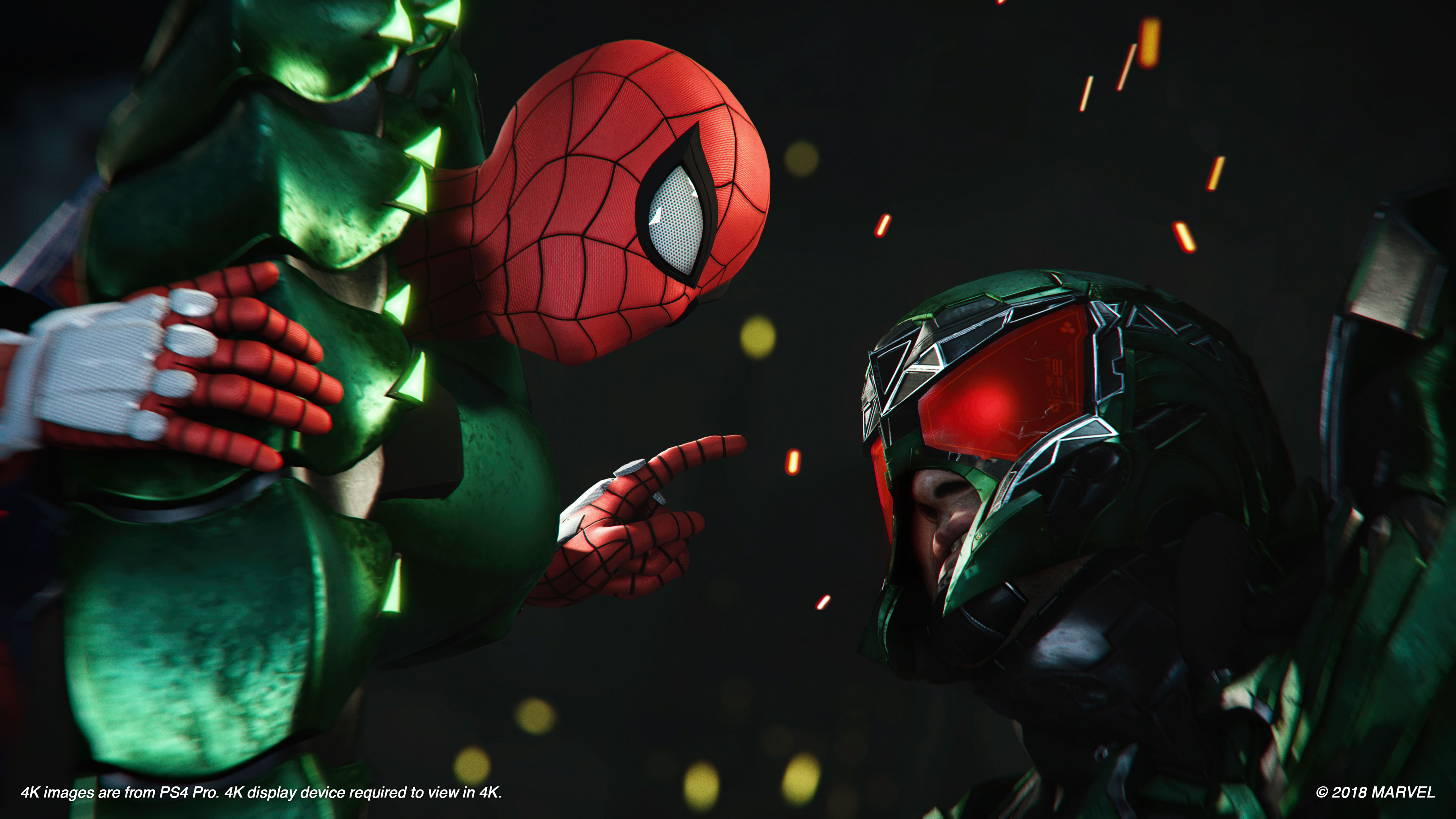
You’ll save money
If you've spent any time in the tech space, you've probably heard of the "early adopter tax." This refers to users who pay a lot of money for a hot new product as soon as it comes out, even though it'll go down in price if they just wait a few months.
Get instant access to breaking news, the hottest reviews, great deals and helpful tips.
Well, prices on games don't decrease as quickly as prices on, say, TVs or headphones, but they don't stay $60 forever, either. Wait a month, and you might find a new game on sale for $50; catch a Christmas sale, and you could get it for $40.
Of course, if you want to play a game right away, an extra $10 or $20 is not that much in the grand scheme of things. But if you don't have to have it this very second, a few months of patience will buy you a pretty decent takeout meal — or another game on sale.
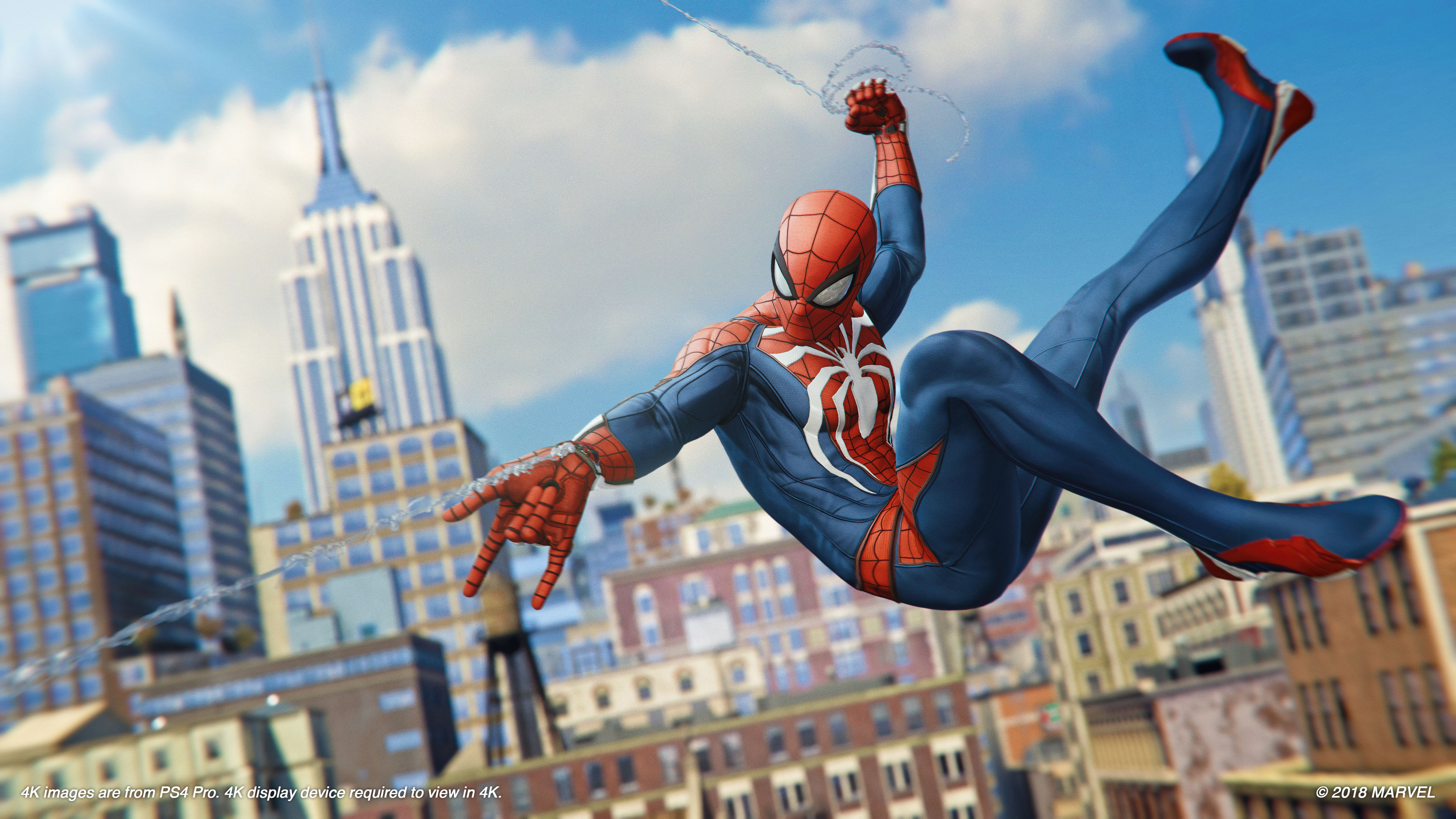
You’ll get a more complete version of the game
People born after about 2000 or so won't believe this, but there was a time when games were finished products the second they left the warehouse. Now, though, games are "mostly done" on Day One — if you're lucky. Especially in big open-world games, with thousands of variables that go into walking down (or web-slinging across) a street, it's impossible to eliminate every single bug before a product ships.
From clipping through walls and floors, to being unable to complete pivotal quests, just about every big-budget release comes complete with an array of glitches. The good news is that the developers will fix the worst of these — although it will probably take a few months. Expect game-breaking stuff to get fixed within the first week or two, and aesthetic stuff to get attention after that.
Patches don't just have to fix content, either; over time, developers can also add extra bells and whistles. From new equipment, to extra quests, to entire game modes (New Game Plus is a common one), a big-budget game is likely to have a lot more content a month or two after launch than it does on the day it comes out.
Then, of course, there are dedicated downloadable content (DLC) packs that come out after the main game. Some DLC is intended for after you finish the game, so it doesn't matter much when you play it. But especially in open-world titles and RPGs, some DLC packs take place smack-dab in the middle of the adventure. It's a lot more fun to play through these packages at the appropriate level, rather than plow through it with endgame characters and earn paltry, underpowered rewards for your efforts.
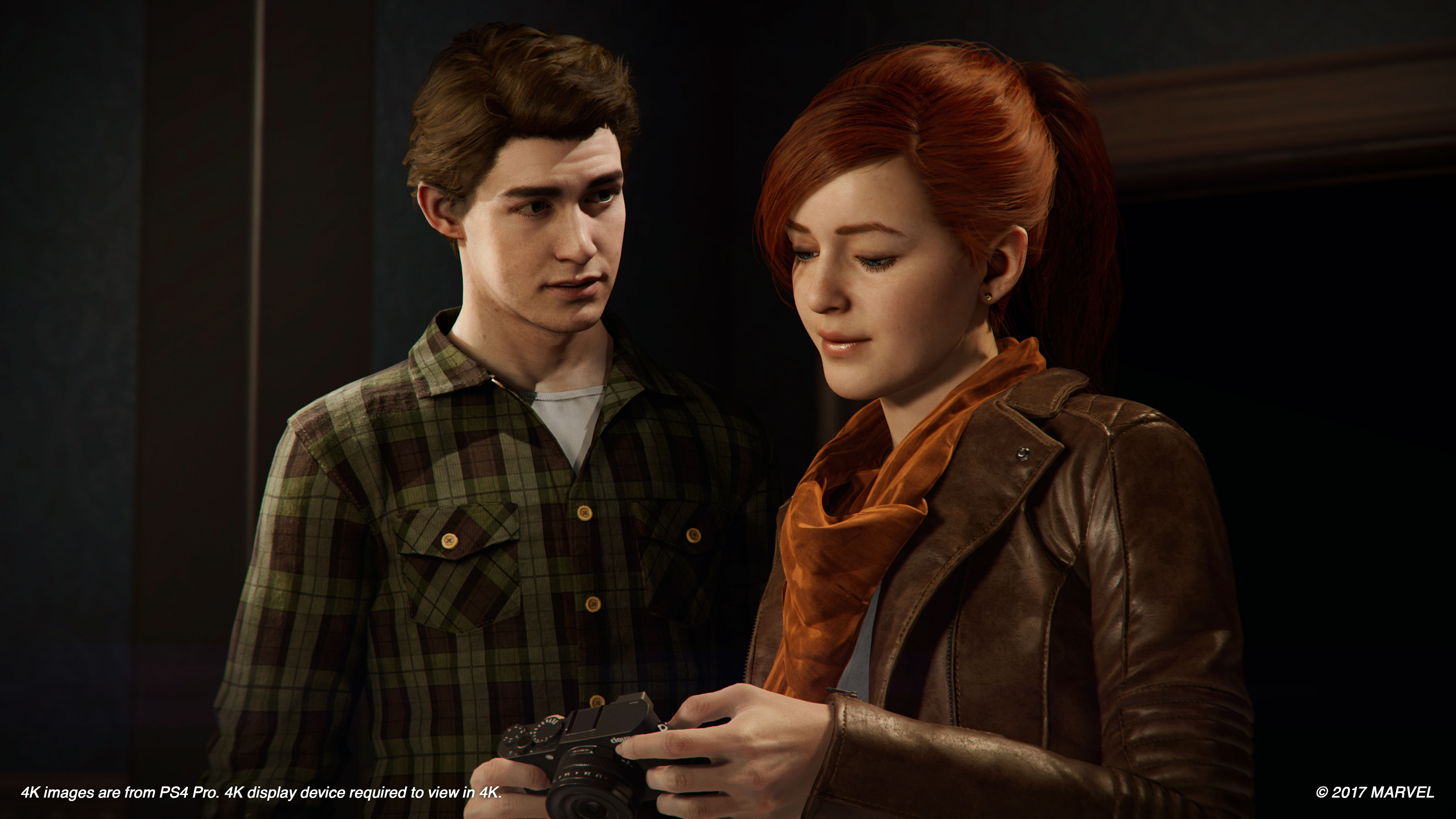
You don’t need to be part of the "conversation"
The best reason for buying and playing new games as soon as humanly possible is to be part of the vaunted "conversation." When a coworker asked me to define exactly what I meant by this, I had to think long and hard, since it depends on how plugged-in you are to Internet culture. (If you're not, there is absolutely no imperative to buy games on day one. Go. You're free.)
Basically, though: When a game first comes out, there's a ton of buzz about it online. You can discuss it on Twitter, read an endless sea of thinkpieces (finally, you can learn whether your favorite new game is "visionary" or "problematic") and watch in real-time as a sea of memes emerge to highlight the title's most memorable moments (or at least its most memorable glitches).
Getting to participate in the conversation is fun, no doubt. But the fact is that anything worthwhile will stick around months after the fact. The conversation about race and violence in BioShock Infinite went on for years; we still have memes about Ubisoft being unable to animate women in Assassin's Creed Unity.
On the other hand, remember the controversy about slavery in Middle-earth: Shadow of War? Yeah, neither do we. As with most things, history is arguably the best judge of which discourse is worth your time, and which is just games journalists thinking too hard. (Like I am, right now.)
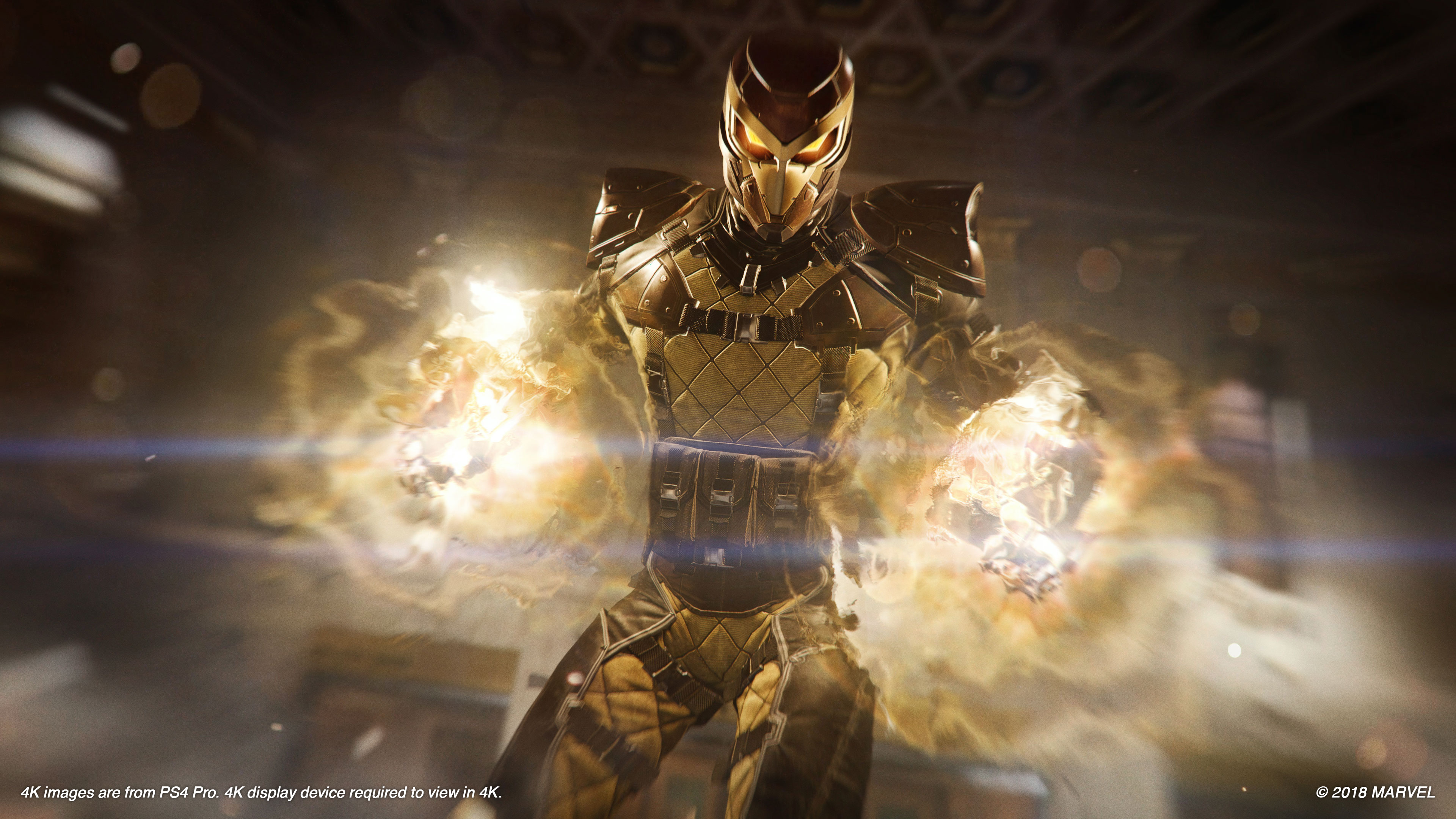
You get to play on your own schedule
Whether you're busy with work, school, other hobbies or your personal life, they all have one thing in common: they're not going to suddenly stop just because a brand-new game comes out.
Maybe you have a big chunk of free time that happens to coincide with a major game release. But I'd be willing to bet that, statistically, most people don't. And if you try to blast through a game in its first week in spite of that, you're going to wind up tired, jaded and even a little resentful. (I can vouch for this from having played games on a reviewer's schedule.)
Instead, take it easy and focus on what you have to do. Play a game when you have time for it; don't make time, especially if "making time" cuts into existing commitments for work or fun. Remember:
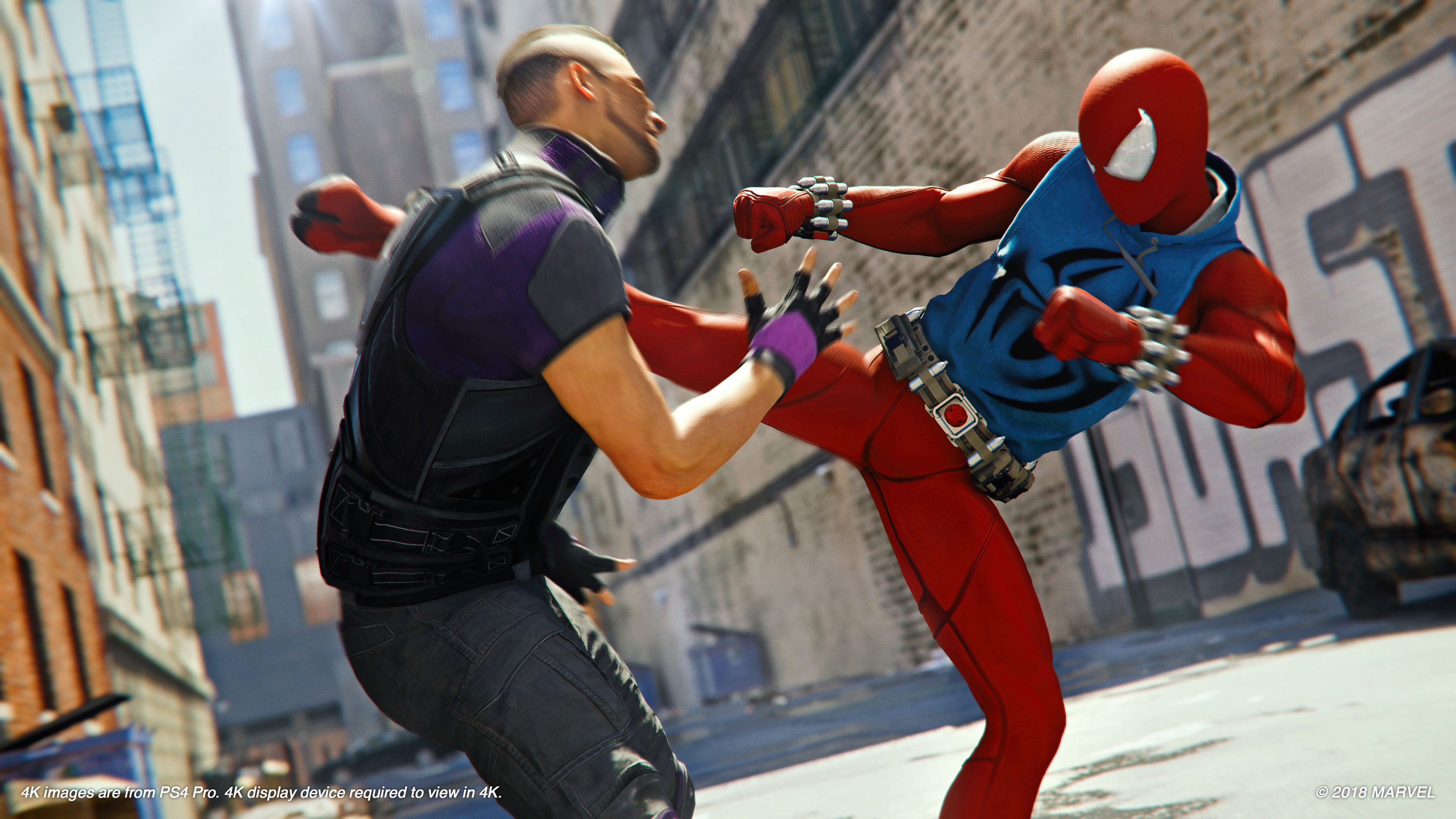
The game isn’t going anywhere
As I discussed earlier, there's this weird idea in pop culture that if you don't consume something the first day, week, or month (if you're lucky) of its existence, then you've missed it forever. Didn't see the latest Avengers movie on opening night? Too bad; the whole phenomenon has already come and gone. Haven't you been playing Spider-Man since it came out? Well, good luck catching up, grandpa.
It's easy to forget, but once a game comes out, it's out for good. You can go to the store and buy it tomorrow, or you could go to the store and buy it a year from now; it'll still be there. Unless you wait so long that a title becomes an out-of-print collector's item, you can pretty much play it whenever you have time.
And if a game is great right now — as Spider-Man most assuredly is — there's no reason to think its value will diminish over time. After all, there's a reason why people still read classic novels and watch classic films.
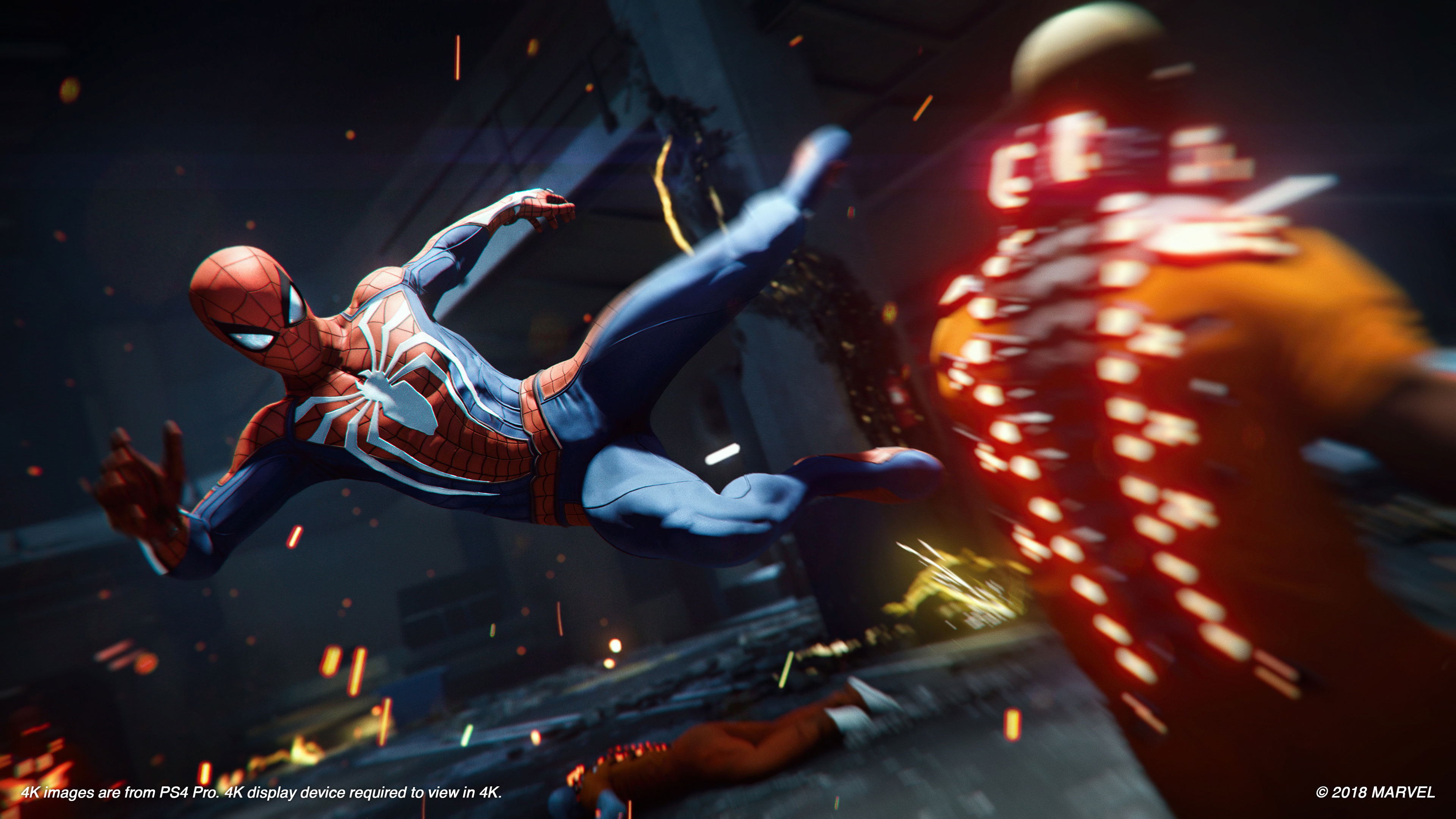
Bottom Line
The primary reason I'm not playing Spider-Man right now is because I'm playing God of War (2018). It's a beautiful, touching, compulsively playable adventure — and I don't think my opinion would have been any different had I played it back in April.
But, as I said, I didn't play God of War when it came out because I was binging on the Pillars of Eternity series. When next big game hits a few months from now, maybe I'll still be knee-deep in Spider-Man. And I can live with that.
The fact is that you have only so much leisure time to spare, particularly if you spend some of it making memories with friends and family. That means that some games, you'll have to play long after release — if you get to them at all. My recommendation is that you don't sweat the timing; just enjoy them whenever you can. A wise man once said that time is an illusion, after all.

Marshall Honorof was a senior editor for Tom's Guide, overseeing the site's coverage of gaming hardware and software. He comes from a science writing background, having studied paleomammalogy, biological anthropology, and the history of science and technology. After hours, you can find him practicing taekwondo or doing deep dives on classic sci-fi.
 Club Benefits
Club Benefits










